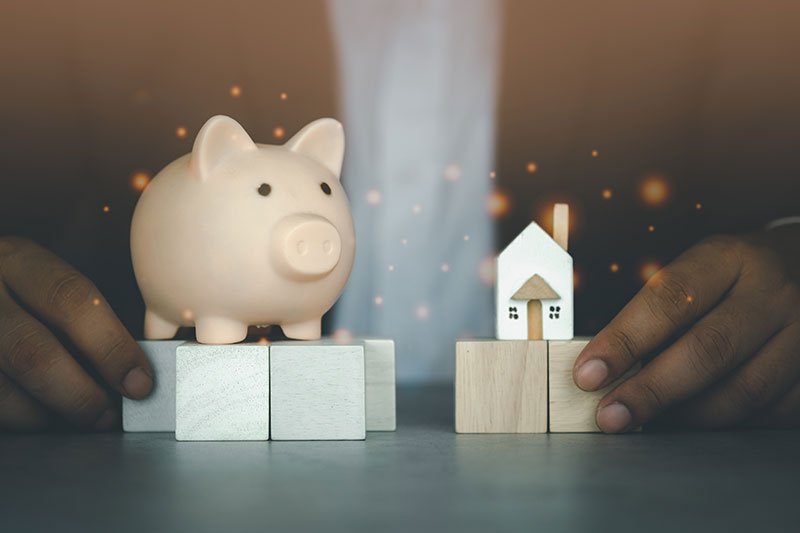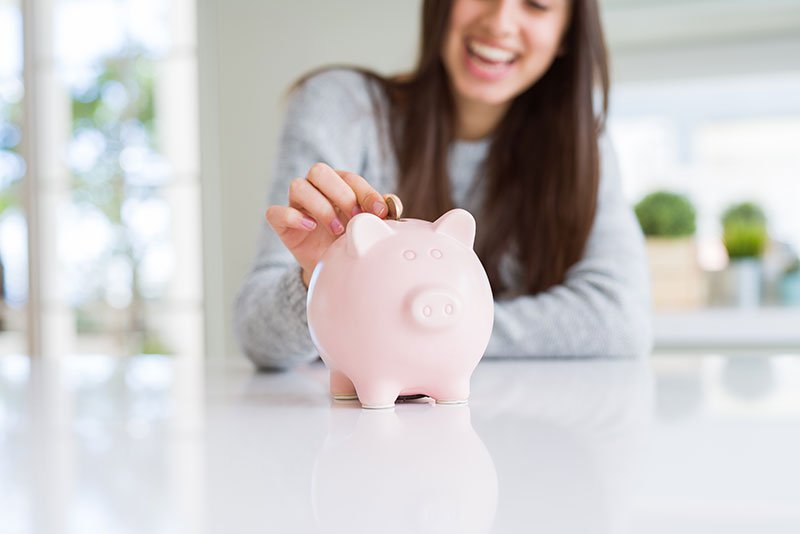Why you should think about your retirement in your 20s
By MAS Team
If you're in your 20s, your financial to-do list probably includes chasing that next promotion, chipping away at your student loan, finding a decent rental, or saving towards a deposit for your first home. Your future retirement probably isn't a big priority; your 65th birthday is decades away. But that's exactly why you should be thinking about your retirement in your 20s.
Starting to save in your 20s means you're more likely to be set up when the time comes to stop working. Find out how a bit of early planning could mean a much more comfortable retirement.

Compound returns are a remarkable financial force, and the best reason to start saving early. They're the returns earned on both your initial savings, and then the returns earned when the returns you make are reinvested.
Let's say you invest $100 into your KiwiSaver fund, and it makes a 5% return (after fees and tax), becoming $105. If you make another 5% return, it'll be on the whole $105, including the $5 return you've just earned. As time goes on, the effect of the compound returns increases.
When it comes to compound returns, people in their 20s have one big advantage over older savers – time. The longer your money is invested, the longer those compound returns have to work their magic. That's why the sooner you start planning for your retirement, the better.
People in their 20s often have fewer responsibilities than people who are further along in their careers. If you don't have kids or a mortgage, it's easier to start putting some money away toward your future.
It's also much easier to gradually build up your retirement savings over a few decades than it is to suddenly have to sacrifice a lot of your income when you're older.

Using KiwiSaver to save towards a home deposit can be a great way to get a leg-up onto the property ladder, but it's worth keeping in mind that making a first home withdrawal means your retirement coffers will be almost completely emptied too (you're required to keep at least $1,000 in your account). If you're buying in your 20s or 30s you'll have decades to build your retirement savings back up, but if you're withdrawing for a home purchase closer to retirement, you'll have less time to build your retirement fund back up.
This is why it could be worth looking into other savings and investment options when you're in your 20s. Lots of people invest in shares, or in managed funds that invest your money in a range of assets for you. These funds are normally "liquid", which means you can withdraw your money when you need it, unlike KiwiSaver, which is locked in until you buy a house, turn 65 or meet a limited set of other criteria, such as significant financial hardship.
At the same time, it's important to keep an eye on your long-term goal, which is to have sufficient savings for your retirement. Ideally, your more liquid investments will complement the longer-term savings you're doing through KiwiSaver to ensure you have a well-balanced savings portfolio.
Remember, there's no one-size-fits-all way to invest, so if in doubt, talk to a professional.

Since our goals and circumstances change over time, our insurance and finances need to adapt as well. Getting married, buying or selling a house, having kids – these are great times to review your policies and savings to make sure they're right for you.

If you're planning on buying a home in the future, good news – KiwiSaver can also be used by first-home buyers to get on the property ladder. Here's what you need to know to get the most out of KiwiSaver.

Like many of us, you probably take your ability to work and earn a living for granted. But if you were suddenly unable to work for a prolonged period, how easily could you meet your regular financial commitments and maintain your lifestyle?